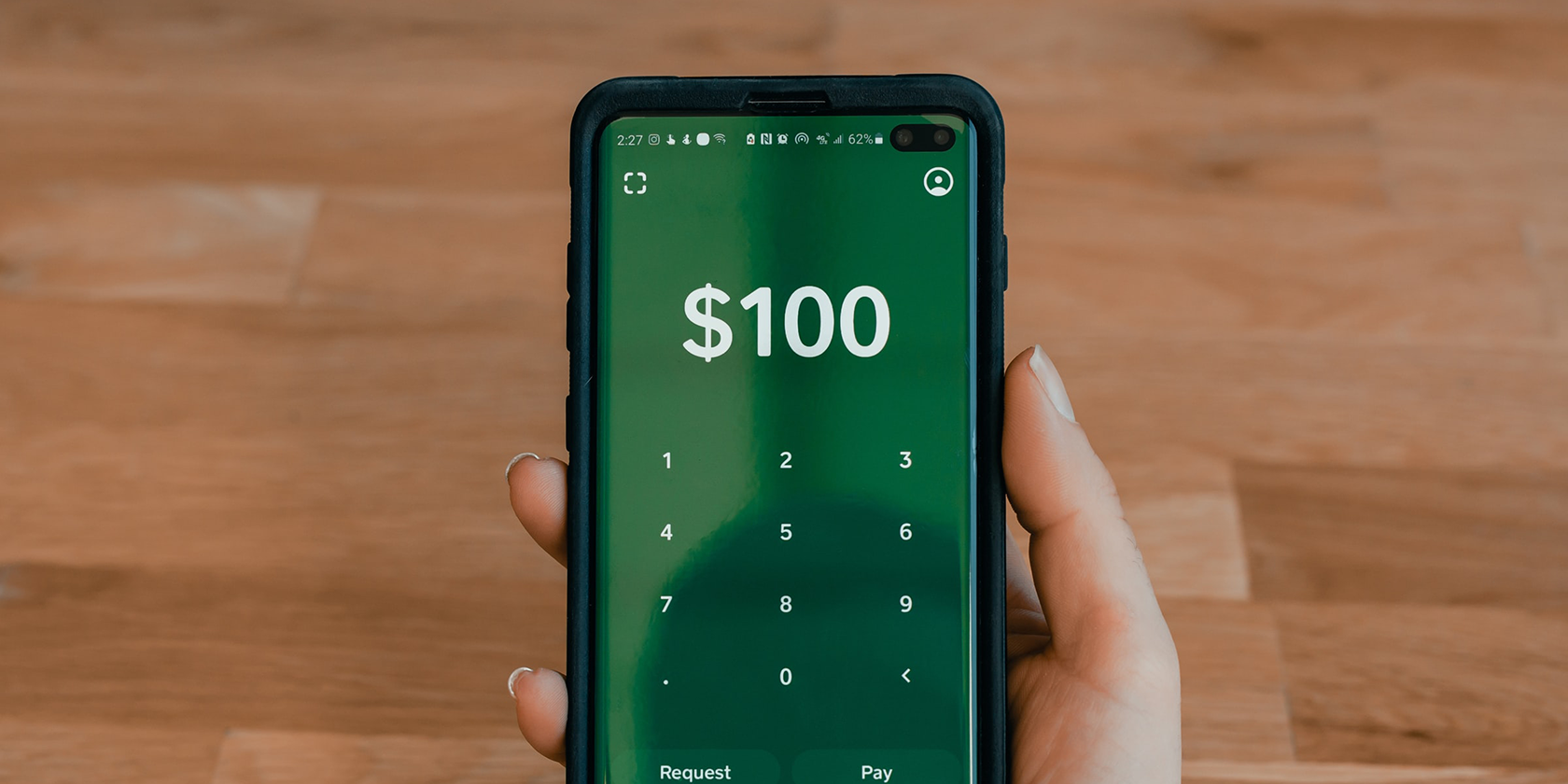Cash App is a peer-to-peer mobile payment platform that lets users send and receive money. Unlike banks, Cash App is accessible to people with limited access to physical banks, poor credit, or who lack the identification necessary to open traditional bank accounts.
Here is everything you need to know about Cash App.
Creating Your First Cash App Account
Cash App is available on both iOS and Android. When you create an account, you need to add your phone number and email address. However, it possible to transact anonymously through in-app usernames called the $Cashtag.
From the initial account set up, Cash App lets you receive up to $1000 per month and send up to $250 per week. Alternatively, additional benefits for verified accounts include an optional Visa debit card, direct deposit, and increased transfer limits.
Download: Cash App for iOS | Android (Free)
Verify Your Cash App Account
While it is possible to use Cash App without ever giving up your identity, there are many perks to do so. Once verified, you can receive an unlimited amount and send up to $7500 per week and activate your Cash App Card. Bear in mind that you can only verify a Cash App account if you are 18 years old and above.
To verify your Cash App, go to Cash App > Balance > Add Card. Then, input your name, birthday, social security number, and mailing address. To complete the process, Cash App will ask you to take a picture of any government ID and yourself. Once you are verified, you can then proceed to request a Cash App Card.
Request a Cash App Card
To order a Cash App Card, open Cash App, select Cash Card > Get Free Cash Card. Then, choose your desired color (black or white). Select Tap to Customize and draw your signature or design before clicking Done. If you’re willing to pay an extra $5, you can even get a card that glows in the dark!
Afterward, type in your mailing address, confirm your name. Lastly, review the fees, terms, and conditions before clicking Continue. Your Cash App Card will arrive at your address in around ten days.
Activate Your Cash App Card
To verify your Cash App Card, there are two ways: CVV number and QR Code.
The easiest way to verify your Cash App Card is to scan the QR code printed on the paper that arrived with your Cash App Card. Open your Cash App. Afterward, select Cash Card > Activate Cash Card and scan the QR code with your camera.
Alternatively, if you threw out the packaging, you can also use the CVV method. To do this, tap Activate Cash Card > Missing QR Code > Use CVV instead. Then, enter the CVV number with the expiration date found at the back of your Cash App Card before clicking Confirm.
How to Add Money to Cash App
There are several ways to add money to your Cash App Card: a linked bank account, credit or debit card, direct deposit, and loading at a physical store.
Linked Bank Account
The most convenient way to load to your Cash App regularly is to link it to an existing bank account. However, this is only allowed for active, US-based banks with a minimum $1 balance.
To link a bank account on Cash App, go to My Cash > Add Bank. Then, input your bank routing and account numbers before validating your account.
Then, you can easily send money to Cash App from your bank by going to My Cash > Add Cash. Input the amount you wish to add before tapping Add, then validate your transaction through your Touch ID or PIN. If you desperately need the money to reflect in your balance immediately, you may opt to pay an additional 1.5 percent fee.
Credit or Debit Card
Should you not feel comfortable linking your bank account to Cash App directly, you can also add money to your account using a debit or credit card.
To add a debit or credit card, go to Cash App and tap My Cash > Add a Credit Card. Then, input your credit card details. Cash App supports Visa, Mastercard, American Express, and Discover debit and credit cards. Adding a debit and credit card follows the same process.
Once you connect your debit or credit card, add money to your Cash App by tapping My Cash > Add Cash. Then, type the amount you want to add and tap Add.
Direct Deposit
Direct deposits help employees cash in paychecks without going to having to step into a physical bank. To receive a direct deposit, you need to provide your Cash App banking and routing number to your employer. These are made available once your Cash App Card is activated.
Find and activate your banking and routing number by going to your Cash App. From there, tap on My Cash > Cash > Direct Deposit > Get Account Number. On your screen, confirm your request and tap Copy Account Details and Copy Routing Number.
Money should reflect in your account within 1-5 business days after receiving a payment. Direct deposits are free of charge using debit cards and have an additional 3 percent fee for credit cards.
Load Cash App Through Stores
If you do not have a traditional bank account, debit/credit card, or want to keep your Cash App use anonymous, there is one last top-up option. You can add money at several major retailers in the US, such as Walmart, Dollar General, CVS, or 7-Eleven stores.
When adding money to Cash App through a retailer, give the cashier the details of your $Cashtag. After confirming how much cash you want to add, you’ll have to pay an additional $2-3 fee on top of the amount you want to load. Loading through a retailer will reflect in your Cash App balance immediately.
How to Send Money to Other Cash App Accounts
To send money to another Cash App user, all you need to know is their $Cashtag, email address, or phone number. Send payment by going to your Cash App, entering the amount you want to send, payee details, and payment information before clicking Pay.
Be very careful when sending money to other Cash App users as in-app payments are instant and non-cancellable.
How to Withdraw Money from Cash App
Cash App Cards let you withdraw money from any ATM for a $2 fee. ATMs may also charge additional fees on top of this in the form of a flat rate or percentage.
If you make a minimum deposit of $300 in your Cash App account, Cash App will refund up to $7 for three ATM Fees every 31 days. Alternatively, you may use your Cash App Card like a regular debit card to avoid additional fees.
Use Cash App Safely
Cash App is a great way to get the benefits of a bank in the palm of your hand.
The Cash App card is also a great way to experience the convenience of using a debit card. If you decide that Cash App is not for you, it’s easy to delete your account permanently.
When using CashApp, remember that while it is a convenient and accessible way to save, send, and receive money, it’s not without its share of risks. Like other online accounts, remain vigilant, protect your log-in details, keep your Cash App Card safe, and be careful with transferring money to people you don’t know.
About The Author

